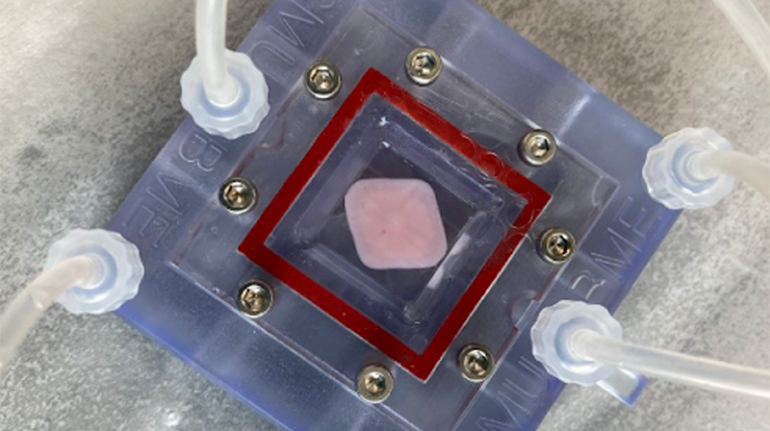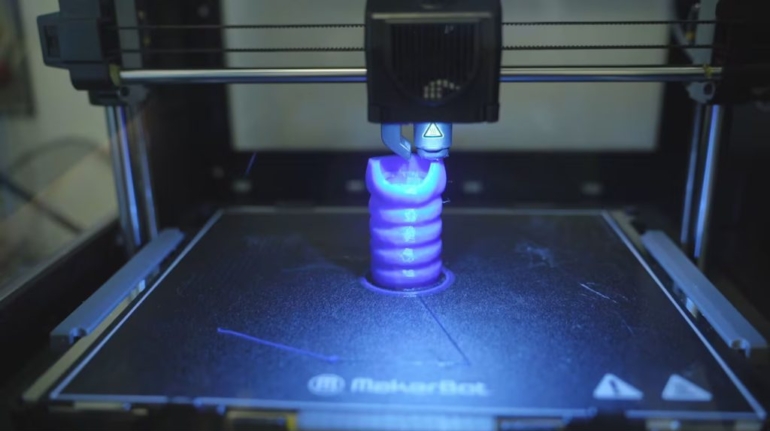Create it REAL and Vitalitecs bring digital orthopedic manufacturing to Mexico
Danish digital orthopedic manufacturing company Create it REAL has partnered with Monterrey-based Vitalitecs to expand access to advanced digital production technologies for orthopedic devices across Mexico. Announced in January 2026, the collaboration aims to support the local production of patient-specific orthotics, prosthetics, and medical devices using 3D printing-enabled workflows.


